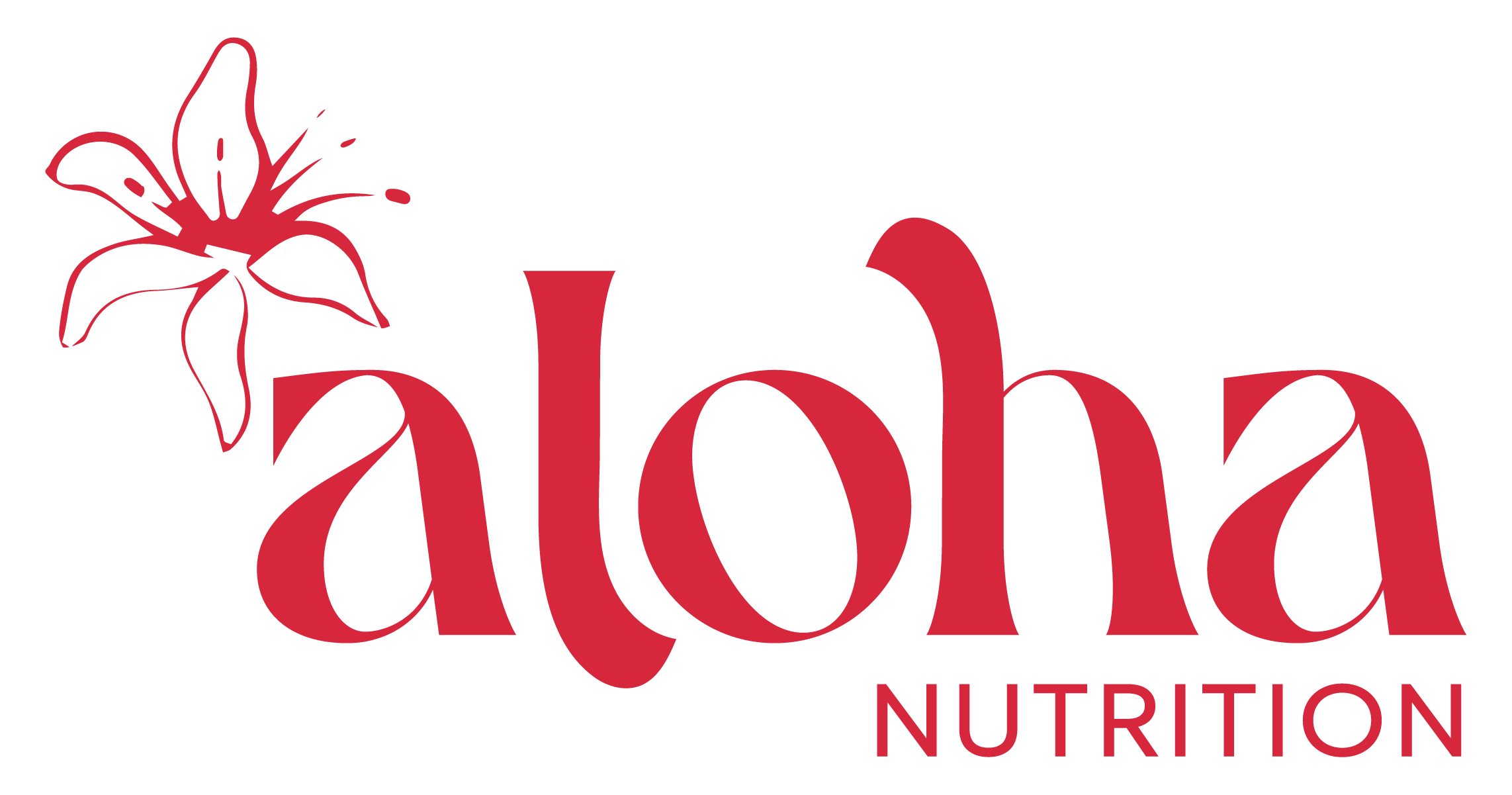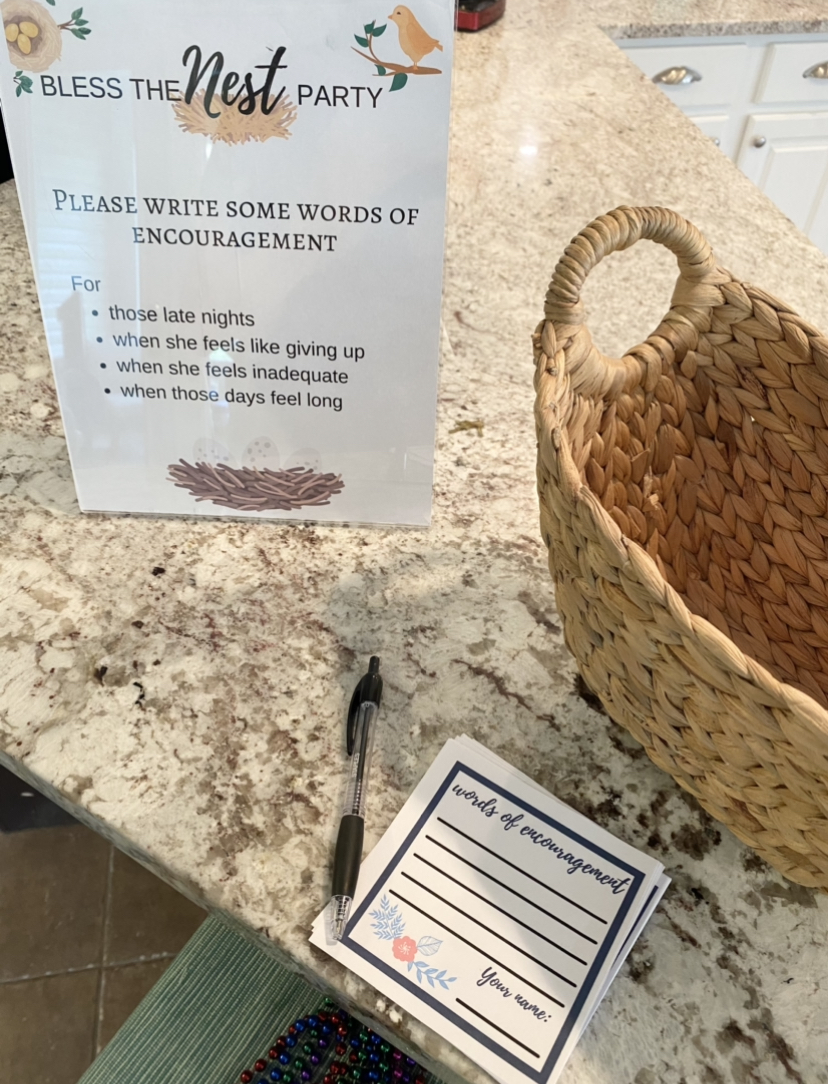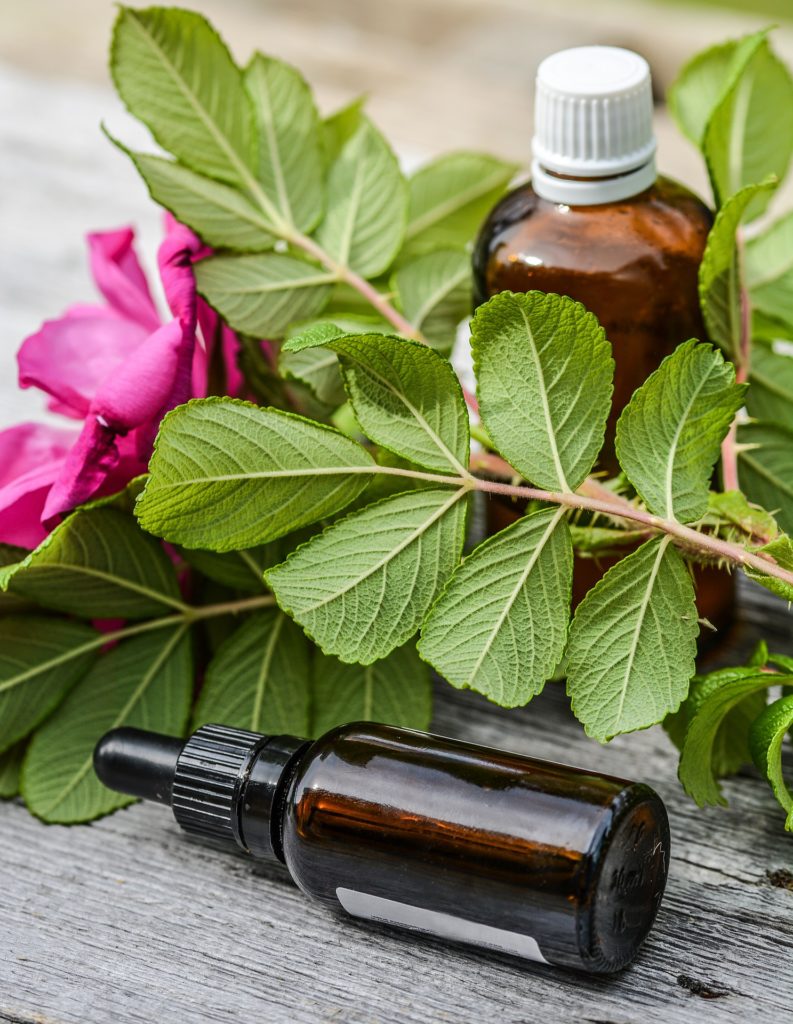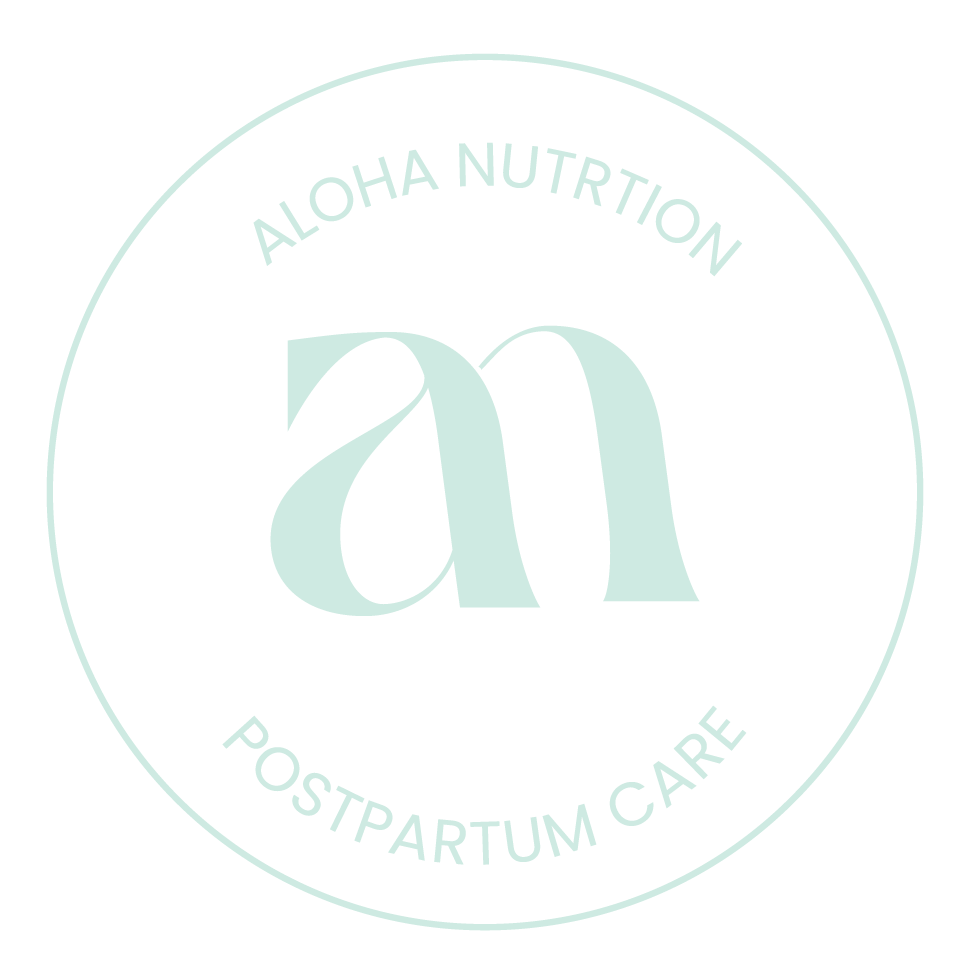Essential oils seems to be a new trend going on lately, but it’s actually been around for thousands of years. Essential oils are mentioned in the Bible throughout the Old and New Testament. People used incense and were anointed with oils. Jesus was given frankincense and myrrh at birth. Oils are used to support emotional, physical and spiritual well being.
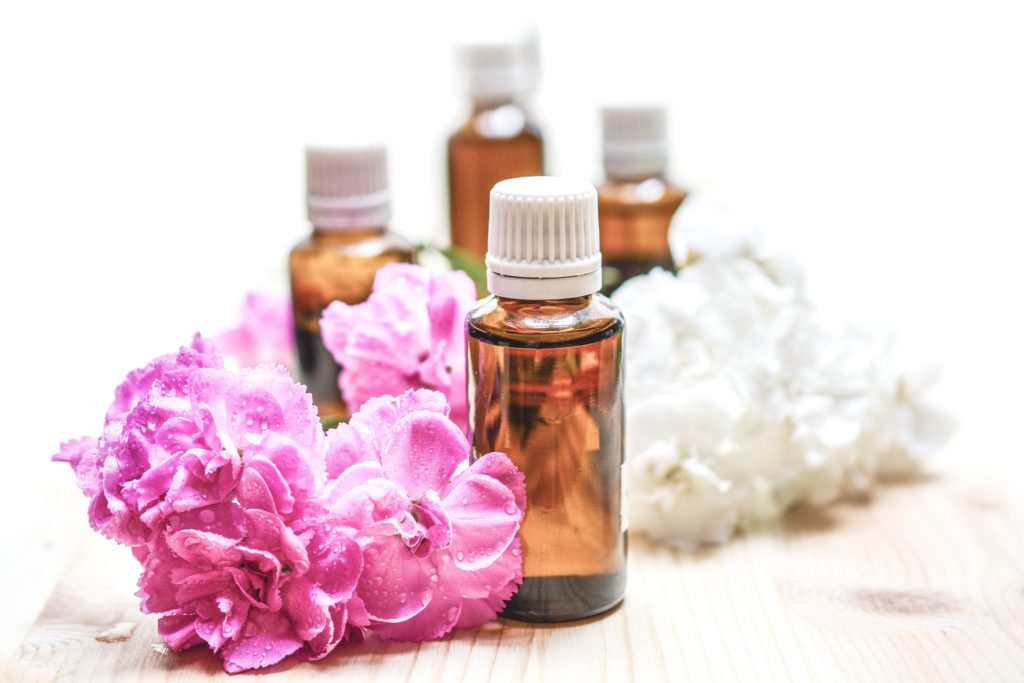
Before I delve into what essential oils are, I think it’s important to first note that the term essential oils is a vague term. Not all essential oils are created equal. There are both aromatherapy and therapeutic grade oils. Aromatherapy is what we see at general stores. They are not regulated; the companies can say anything they want on the label and call it pure, when it actually is not. They are synthetically created and you should only be using them to smell. The companies use chemicals to distell it, that’s why they’re much cheaper.
Therapeutic grade essential oils, like Doterra, Young Living etc, are more expensive, because they are pure and are regulated. This is why they are okay to ingest and put topically. The rest of my post is about therapeutic grade oils.
What are essential oils?
Essential oils are the aromatic compounds found in the seeds, roots, stems, flowers and other parts of plants. The oils act as the plant’s natural defense mechanism; it’s the immune system of the plant, and it plays a role in plant pollination. The nature of the essential oils varies from plant to plant, and from species to species, and that’s what makes each oil unique and gives its specific benefits. Essential oils are typically cold pressed under extreme pressure and steam distilled to extract the oils. There is no heat involved, and this is what is key to the oil’s good quality.
How do essential oils work?
The essential oils work on a cellular level and penetrate the cells to eliminate threats. This is how the plants are able to protect themselves.
There are three ways to use essential oils.
- Aromatically – smelling the oils either by using a diffuser, placing 1-2 drops in the palm of your hands and inhaling, 2-3 drops on the floor of your hot shower, or adding it to pillows or clothing. Using the oils aromatically is the quickest way to utilize the oils as the oils are quickly absorbed by the cell receptors in our body. Smelling the oils causes a connection between the brain and the limbic system. Now just a quick review from anatomy and physiology class, the limbic system is a set of structures in the brain (the hypothalamus, hippocampus, and amygdala), that’s responsible for our emotional life and remaining in homeostasis, which is basically staying at equilibrium. When we’re feeling stressed, emotional, or anxious, smelling these oils may help return us to homeostasis.
- Topically – putting it on our body. In this method, the oils are absorbed into our bloodstream and used right away. Muscle pain, sunburn, and itch may be some reasons to use the oils topically.
- Internally – either placing 1-2 drops under your tongue, putting it in your water, or cooking with it. There is some controversy with ingesting the oils, so please consult your healthcare professional. If you are going to ingest the oils, make sure the oil is safe and bought from a reputable company. It’s important to know your distributor in order to ensure you’re getting good quality.
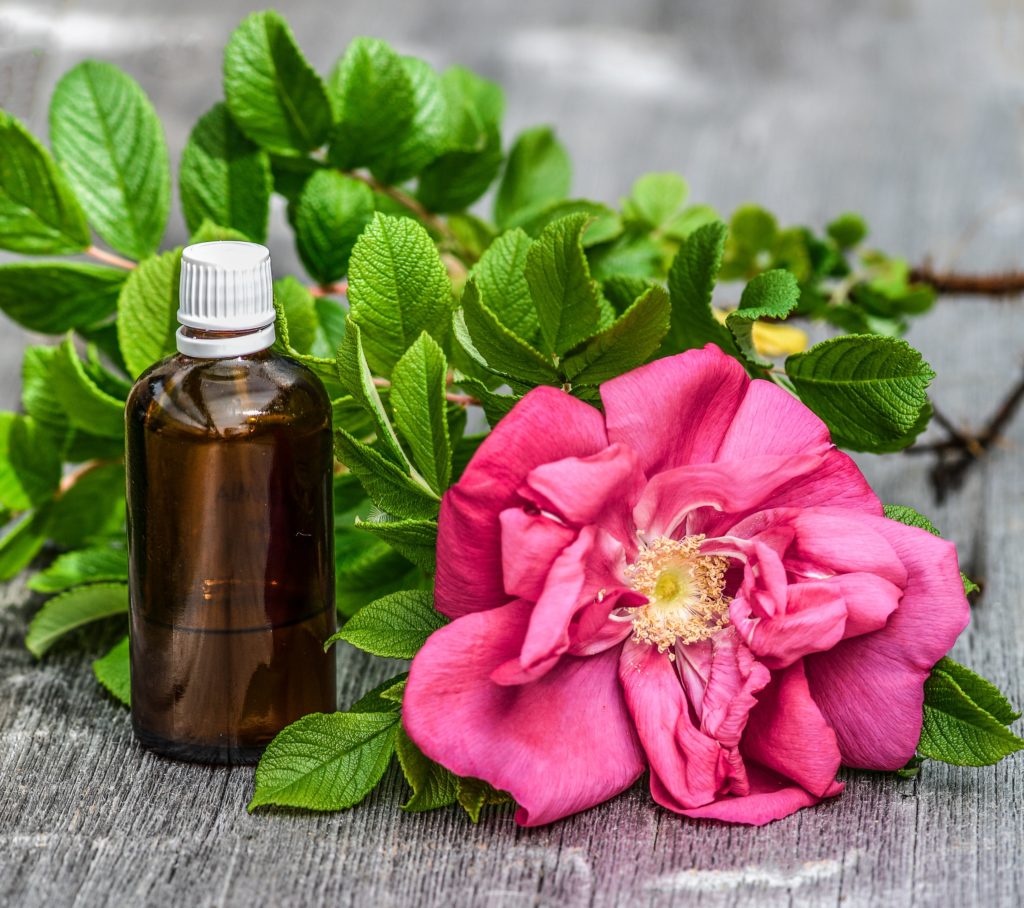
When searching which essential oil to use, its helpful to figure out what your issue is, because essential oils are placed into categories, such as digestive, stress relief, pain etc. Figure out what your symptom is, then review the oils in that category. For example, if you’re experiencing nausea/vomiting, you may want to look at the digestive category. If you’re feeling tired and fatigue you may want to try oils that will help with fatigue like citrus oils, or peppermint/spearmint. For stress/anxiety/or fear you can try lavender, chamomile, citrus oils either by massaging, diffusing or personal inhaler.
Now that I’ve gone over the basics with essential oils, I wanted to go over the use of essential oils during pregnancy and breastfeeding, since I work predominantly with pregnant and breastfeeding women.
Essential Oils During Pregnancy
For my pregnant mothers, essential oils have been proven to help pregnancy symptoms such as nausea/vomiting, edema/swelling, muscle spasms, reflux, insomnia, stress and more. If you’re new to oils, I would recommend starting slow and not ingesting it, especially since during pregnancy our bodies are a lot more sensitive. Get guidance on how to use the oils by professionals since many oils can make symptoms worse or cause early contractions for pregnant moms (such as with the essential oil clary sage), since the oils are very potent. It’s been said that one drop of peppermint essential oil is roughly equivalent to 28 cups of peppermint tea! I would not recommend ingesting any of the oils, especially in the first trimester, unless you’re experienced with oils or you’re being monitored by a doctor. Care should always be taken during pregnancy. Dilution is key to safety
Now to help combat some of the symptoms during pregnancy, you can either apply these oils topically diluted with a carrier oil (coconut, jojoba, argan oil etc) or use a diffuser and inhale it:
- Nausea/vomiting: peppermint, cardamom, lemon, ginger, or fennel
- Fatigue: eucalyptus, geranium, peppermint, rosemary, lemon or other citrus oils
- Swelling/edema: chamomile oil, cyprus, geranium, juniper oil, lavender oil, fennel oil. Use these diluted oils and massage around your ankles or any place that you’re experiencing swelling.
- Restless leg syndrome: cyprus diluted with oils and massaged on your legs.
- Acid reflux: ingesting lemon, peppermint, orange, and ginger, but once again please be very careful with ingesting the oils and making sure you are only using 1-2 drops.

Essential Oils When Breastfeeding
For my breastfeeding mothers:
- Engorgment: lavender and melaleuca diluted with a carrier oil and massaged on your breasts. I will note that engorgement is normal when your milk comes in in the early weeks, but the oils may help prevent or alleviate risks of mastitis or clogged ducts.
- Drying up milk: use peppermint, or spearmint, and dilute with a carrier oil and massage on your breasts, avoiding the nipple
- Increase milk supply: apply basil, or fennel topically to your breasts. This hasn’t been scientifically proven to increase production, but it may help for some moms. However, it is advised to not use fennel for more than 10 days in a row as it can cause UTIs.
- Fatigue/exhuastion: eucalyptus, geranium, peppermint, rosemary, lemon or other citrus oils. You can either ingest this (1-2 drops in water or tea) or inhale it, or diffuse it.
If you’re using oils with your babies and children, you MUST dilute it with a carrier such as coconut oil, jojoba oil, argon oil, as the essential oils are too potent.
Now I do want to mention that every person is different and everyone reacts differently to the oils. Some women may find no comfort or relief during from the oils while others might.
I’d love to hear how you use essential oils and what your experience has been with them.
References:
https://www.doterra.com/US/en/what-is-an-essential-oil
https://draxe.com/essential-oil-uses-benefits
http://www.naha.org/explore-aromatherapy/safety/
http://www.undercovermama.com/blog/essentialoils/
